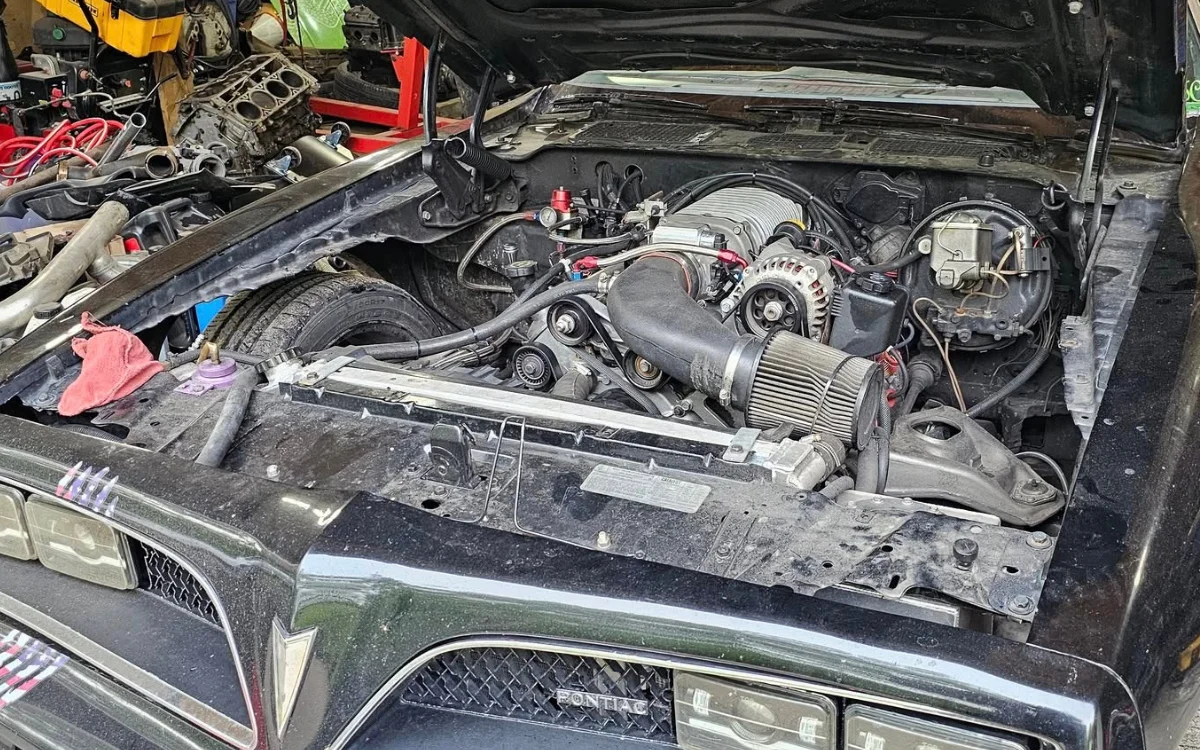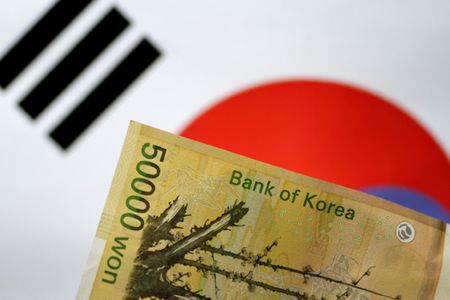South Korea Caps Crypto Lending Interest at 20%
The post South Korea Caps Crypto Lending Interest at 20% appeared on BitcoinEthereumNews.com. Key Notes In a newly released guideline, the South Korean regulator has mandated exchanges to peg crypto lending interest at 20%. Lending is now restricted to the top 20 coins or those listed on at least three won-based exchanges. Exchanges must use their funds to provide lending services. On September 5, the South Korean regulator, the Financial Services Commission (FSC), released new guidelines for lending services on centralized cryptocurrency exchanges (CEXs). This includes pegging interest rates at 20% and restricting the use of only the top digital assets Crypto Lending Guidelines Give Responsibilities to Crypto Exchanges According to the FSC, crypto lending interest in South Korea is now capped at 20%. Lending is limited to tokens within the top 20 by market capitalization and listed on at least three won-based exchanges. South Korea has made a name for itself as one of the top crypto hubs in Asia, especially for the first half of 2025. This comes from the sudden aggressive push for digital assets in the region under the administration of newly elected President Lee Jae-myung. More crypto-based products, as leveraged lending services, were introduced in South Korea by local crypto exchanges. As the demand for crypto spiked in this jurisdiction, so did the need for regulation. In July, some sources reported that South Korea’s financial regulators were working on rolling out guidelines on cryptocurrency lending services. Ultimately, the goal is to tighten oversight and protect investors, particularly because there is a gap in crypto lending regulation. Based on the guidelines, exchanges are now mandated to make sure that first-time borrowers are knowledgeable about whatever products are being offered to them. To achieve this, these borrowers must complete online training and suitability tests set by the local self-regulatory organization, the Digital Asset eXchange Alliance (DAXA). Once there are signs of a potential forced…

The post South Korea Caps Crypto Lending Interest at 20% appeared on BitcoinEthereumNews.com.
Key Notes In a newly released guideline, the South Korean regulator has mandated exchanges to peg crypto lending interest at 20%. Lending is now restricted to the top 20 coins or those listed on at least three won-based exchanges. Exchanges must use their funds to provide lending services. On September 5, the South Korean regulator, the Financial Services Commission (FSC), released new guidelines for lending services on centralized cryptocurrency exchanges (CEXs). This includes pegging interest rates at 20% and restricting the use of only the top digital assets Crypto Lending Guidelines Give Responsibilities to Crypto Exchanges According to the FSC, crypto lending interest in South Korea is now capped at 20%. Lending is limited to tokens within the top 20 by market capitalization and listed on at least three won-based exchanges. South Korea has made a name for itself as one of the top crypto hubs in Asia, especially for the first half of 2025. This comes from the sudden aggressive push for digital assets in the region under the administration of newly elected President Lee Jae-myung. More crypto-based products, as leveraged lending services, were introduced in South Korea by local crypto exchanges. As the demand for crypto spiked in this jurisdiction, so did the need for regulation. In July, some sources reported that South Korea’s financial regulators were working on rolling out guidelines on cryptocurrency lending services. Ultimately, the goal is to tighten oversight and protect investors, particularly because there is a gap in crypto lending regulation. Based on the guidelines, exchanges are now mandated to make sure that first-time borrowers are knowledgeable about whatever products are being offered to them. To achieve this, these borrowers must complete online training and suitability tests set by the local self-regulatory organization, the Digital Asset eXchange Alliance (DAXA). Once there are signs of a potential forced…
What's Your Reaction?









































